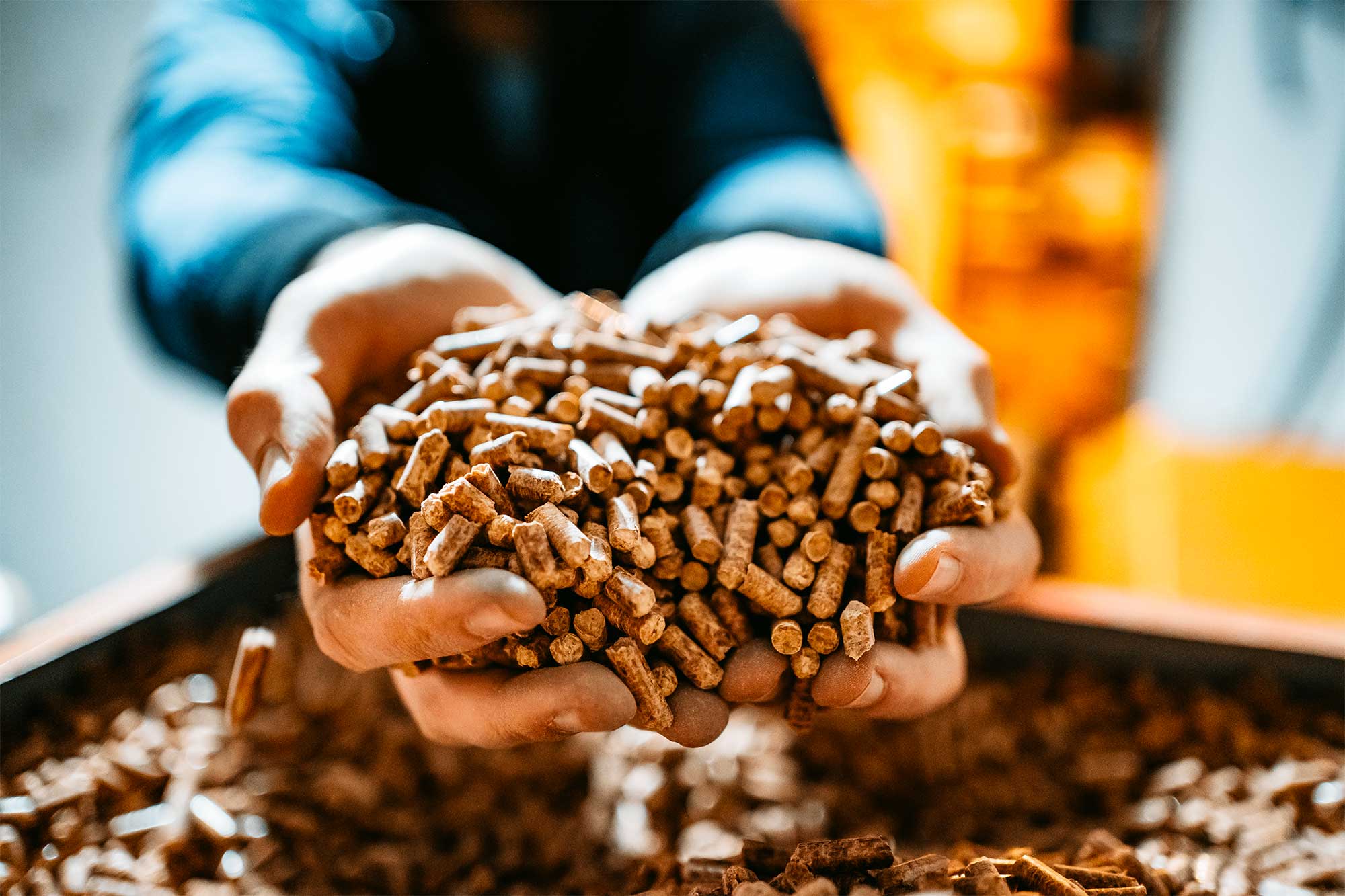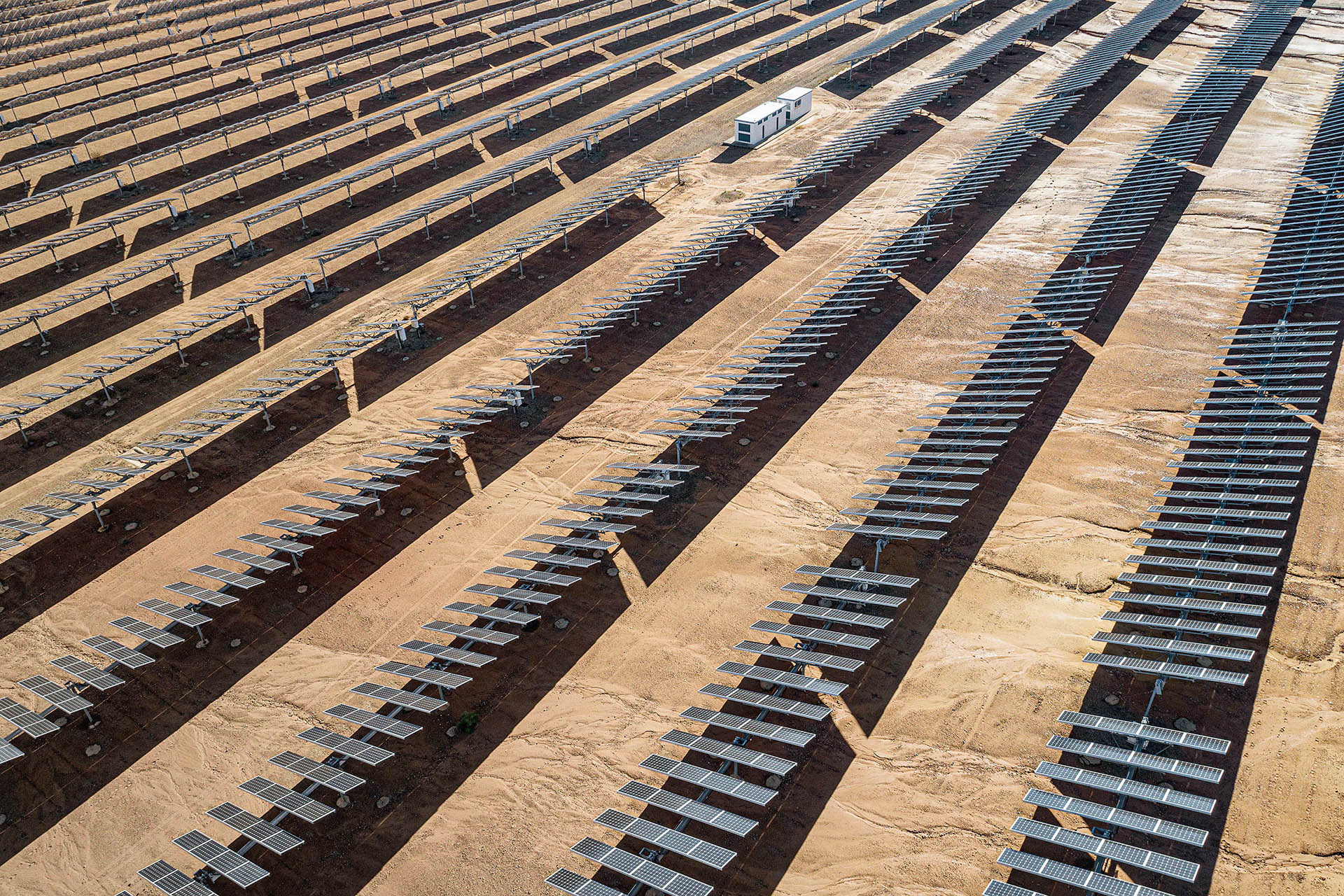


To limit global temperature increases, humankind urgently needs to reduce the net addition of greenhouse gases (GHGs) to our atmosphere. Carbon is an essential building block in many products. At C2X, we believe we need to “defossilise” the carbon we use.

Carbon-based chemicals make our modern lives possible. They are used to create synthetic fibres that clothe billions of people and insulate our homes. Plastics reduce food waste and make our vehicles lighter and more fuel efficient. These essential chemicals would not exist without the carbon embedded in their molecules.
Carbon is also used to power and enable mobility in many industries. In some ‘hard-to-abate’ sectors, which are not able to fully electrify, ‘green molecules’ will also be required to enable a transition from fossil fuels.
Right now, green molecules that contain carbon (biofuels and methanol) are the best options for creating energy-dense, low-GHG emission fuels that are safe and easy to handle. This makes them key for the urgent development of viable alternatives to fossil fuels for industries including long distance shipping and aviation.

Methanol is one of the world’s most traded chemical commodities and is an important feedstock in the manufacture of many chemicals. However, the methanol used today is almost exclusively made from fossil fuel sources, with natural gas and coal being the most common feedstocks.
Fossil methanol can be directly replaced by new supplies of green methanol made from e-methanol based on renewable energy or bio-methanol from agricultural and forestry byproducts. Furthermore, based on new engine technology, green methanol can also be used as fuel to reduce fossil emissions in hard-to-abate industries such as long-distance shipping.
Switching from fossil methanol to green methanol, and meeting the growing demand for green methanol as a fuel, requires a step change in the global production capacity of non-fossil methanol. Towards 2050, the demand for methanol could triple to some 300 million tonnes per annum, with the majority being green methanol.
The green methanol industry is nascent and new technologies are emerging, and we will work hard to drive down our production costs over time. There is a strong customer pull and regulatory support, and at C2X we are confident that, together with our partners, we can deliver at scale.

C2X is aiming to make a significant contribution to a fossil-free future by accelerating the availability of green methanol at scale, which will serve to defossilise the chemical, shipping and aviation sectors.
C2X has a team of 60 people with backgrounds from chemicals, renewables, construction of mega-projects, shipping and finance. C2X will develop green methanol from various pathways depending on specifics of the location. We are pursuing advantaged and scalable green methanol projects located near the Suez Canal in Egypt and the port of Huelva in Spain, as well as other opportunities across several geographies.
By 2030, our ambition is to have a production capacity of more than three million tonnes per annum from project opportunities in advantaged locations around the world.
The venture is majority owned by A.P. Moller Holding with A.P. Moller – Maersk as minority owner.